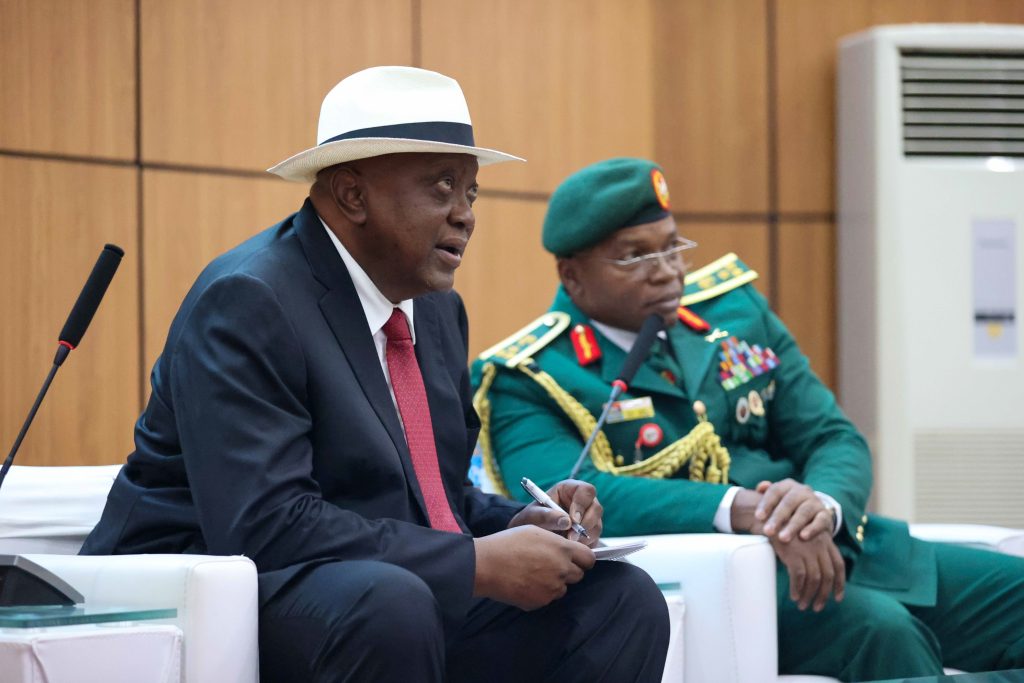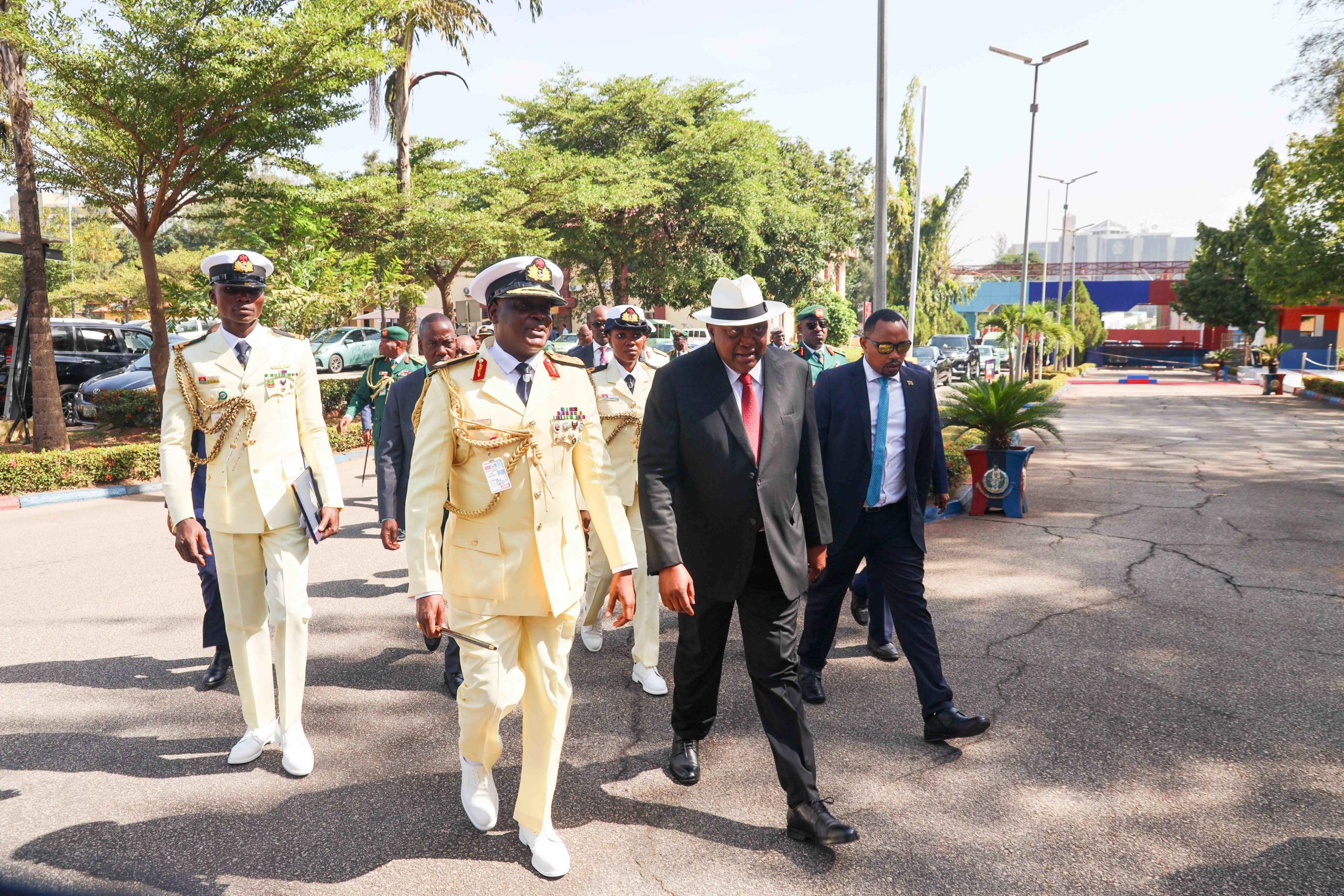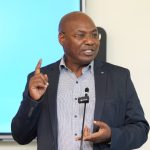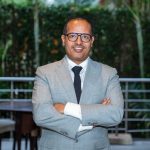Former President Uhuru Kenyatta, currently in Nigeria, has emphasized the importance of strong institutions in promoting security and development across Africa.
Speaking at the inauguration of Nigeria’s National Defence College (NDC) Course 33 in Abuja, he urged African nations to establish robust internal frameworks as the foundation for resilient regional alliances.
Kenyatta shared six essential lessons from his experience, highlighting how strong institutions facilitate sustainable development and enhance national security.

In his address to Africa’s youth, he emphasized that “investment in our human capital by creating viable social and economic pathways for our youth” is vital for achieving institutional resilience.
With 70% of Africa’s population under 30, he underscored the importance of providing youth with tangible opportunities, remarking, “Today, the much-touted demographic dividend of our youth has matured, and our young people would like to cash in their checks immediately.”
The inauguration of NDC Course 33 marks the beginning of a new academic year at Nigeria’s highest military training college. The course theme, “The Imperative of Strong Institutions: A Panacea for National Security and Development in Africa,” underscores the critical role of institutional strength.
Each course intake, including the recently inaugurated Course 33, brings together senior military officers, government officials, and international participants who engage in a rigorous curriculum designed to strengthen strategic military leadership and develop expertise in national and international security matters.
The program at NDC aims to equip its participants with skills necessary to address modern security challenges through research, discussion, and policy recommendations.
NDC’s focus on leadership in national security and defence strategy also fosters international cooperation, as a portion of each course typically includes foreign participants.





